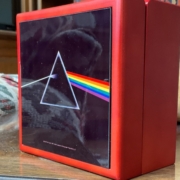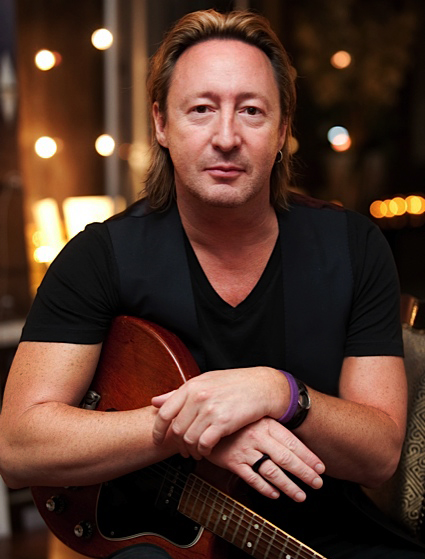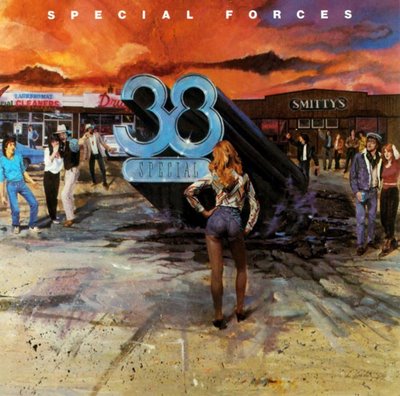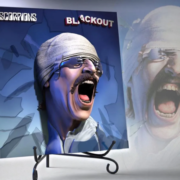Pink Floyd- Dark Side of the Moon- David Gilmour, Nick Mason, Roger Waters
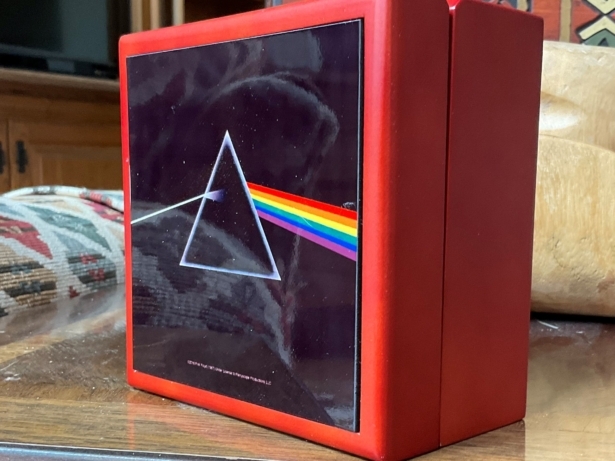 There it was, the golden anniversary of the progressive rock masterpiece by Pink Floyd which not even “Time” can “Eclipse”: The Dark Side of the Moon! To illustrate how seriously many of the post-British Invasion bands were approaching the rock idiom by early 1973, you need look no further than Pink Floyd’s Dark Side of the Moon to see how this “progressive“ rock movement had matured, with spectacular results both artistically and commercially. Worldwide sales of Dark Side of the Moon are estimated at forty-five million copies! These facts are confirmed in this classic rock interview by my guests, musical lunar explorers David Gilmour, Roger Waters, and Nick Mason.
There it was, the golden anniversary of the progressive rock masterpiece by Pink Floyd which not even “Time” can “Eclipse”: The Dark Side of the Moon! To illustrate how seriously many of the post-British Invasion bands were approaching the rock idiom by early 1973, you need look no further than Pink Floyd’s Dark Side of the Moon to see how this “progressive“ rock movement had matured, with spectacular results both artistically and commercially. Worldwide sales of Dark Side of the Moon are estimated at forty-five million copies! These facts are confirmed in this classic rock interview by my guests, musical lunar explorers David Gilmour, Roger Waters, and Nick Mason.
After a half-century of electronic music, it may be difficult for some to imagine that these sounds on Pink Floyd’s Dark Side of the Moon utilizing “The Putney” had never been head before in popular music, having escaped the laboratory only a few years prior. It has become rather painfully apparent that the musical tomb has been raided, the ultimate box sets already released, even some of the principals responsible for its creation, including Pink Floyd keyboard player Rick Wright and cover artist Storm Thorgerson, are now gone. What remains timeless, along with the music at the pinnacle of Progressive Rock, are the first-person stories of Dark Side of the Moon‘s conception, evolution, and recording by my guests Roger Waters, David Gilmour, and Nick Mason. 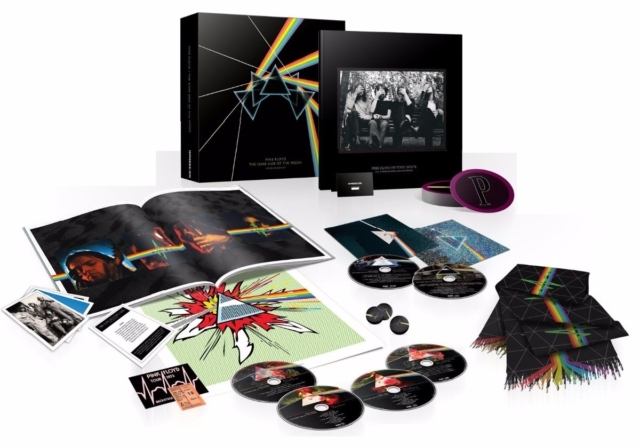
As you shall hear in my classic rock interview, none other than Paul McCartney and guitarist Henry McCulloch of Wings were both recorded for Dark Side of the Moon as two of the disembodied voices heard throughout Pink Floyd’s album. It’s McCulloch who is heard to say,”I don’t know, I was really drunk at the time”, but McCartney’s recording was dropped. Find out why here from Roger Waters. 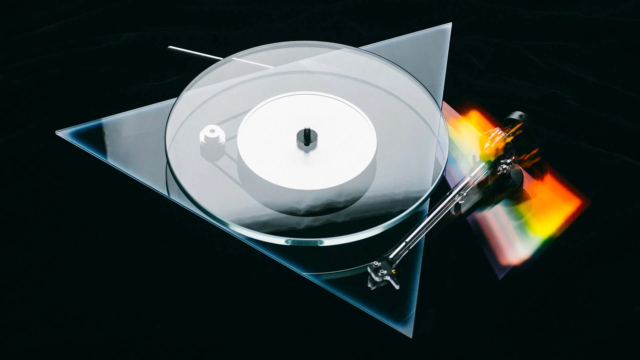 As early as the Moody Blues’ 1968 Days of Future Passed, which was the result of a combination of new technology (the Mellotron , which crudely emulated choral and orchestral sounds) and desperation, an increasing number of British and European bands expanded rock’s canvas musically and lyrically without the slightest consideration to the pop hit mainstream. King Crimson’s stunning debut in 1969, In the Court of the Crimson King, inspired others such as fellow Londoners YES to release Close to the Edge less than a year after their breakthrough album Fragile . While not normally considered a prog-rock band, Traffic nevertheless had their biggest seller in 1972 with The Low Spark of High Heeled Boys, built around the 11 minute hypnotic title song which featured electronically synthesized saxophone, while Trilogy from Emerson , Lake , and Palmer as well as Foxtrot and Selling England by the Pound from the Peter Gabriel-led Genesis, had critics raving and cash registers ringing.
As early as the Moody Blues’ 1968 Days of Future Passed, which was the result of a combination of new technology (the Mellotron , which crudely emulated choral and orchestral sounds) and desperation, an increasing number of British and European bands expanded rock’s canvas musically and lyrically without the slightest consideration to the pop hit mainstream. King Crimson’s stunning debut in 1969, In the Court of the Crimson King, inspired others such as fellow Londoners YES to release Close to the Edge less than a year after their breakthrough album Fragile . While not normally considered a prog-rock band, Traffic nevertheless had their biggest seller in 1972 with The Low Spark of High Heeled Boys, built around the 11 minute hypnotic title song which featured electronically synthesized saxophone, while Trilogy from Emerson , Lake , and Palmer as well as Foxtrot and Selling England by the Pound from the Peter Gabriel-led Genesis, had critics raving and cash registers ringing. 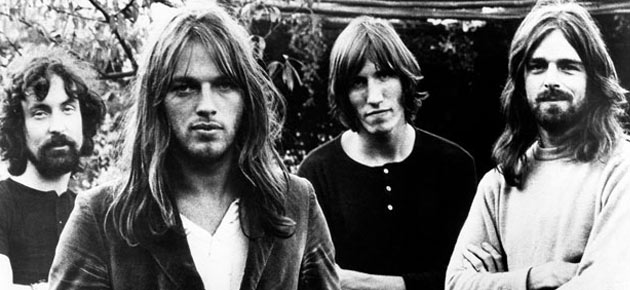
(L-R: Nick Mason, David Gilmour, Roger Waters, Rick Wright)
Of course all of this would culminate in Spring 1973 with the incomparable Pink Floyd album The Dark Side of the Moon , an iconic masterpiece which long ago threw off any binders imparted by categorization merely as progressive rock, but not before both Jethro Tull’s Thick As a Brick and the Moody Blues’ Seventh Sojourn would each rack up #1 international sales in 1972. – Redbeard

